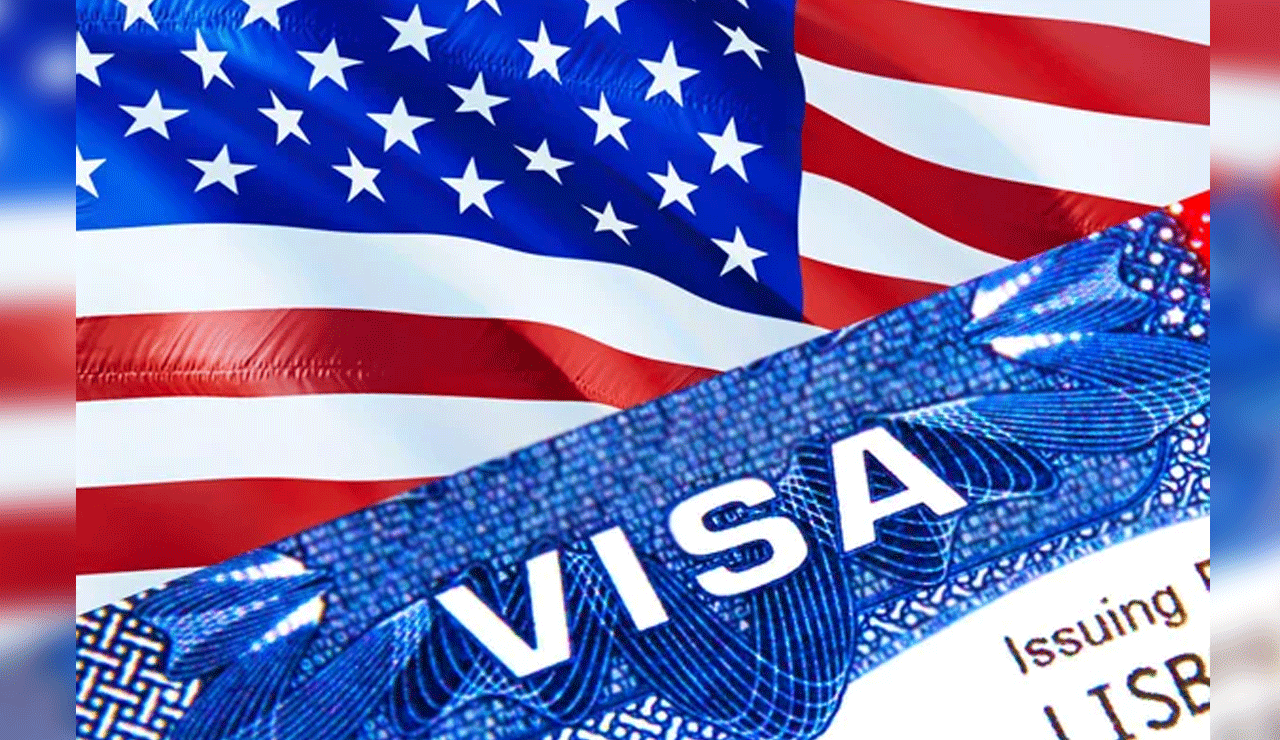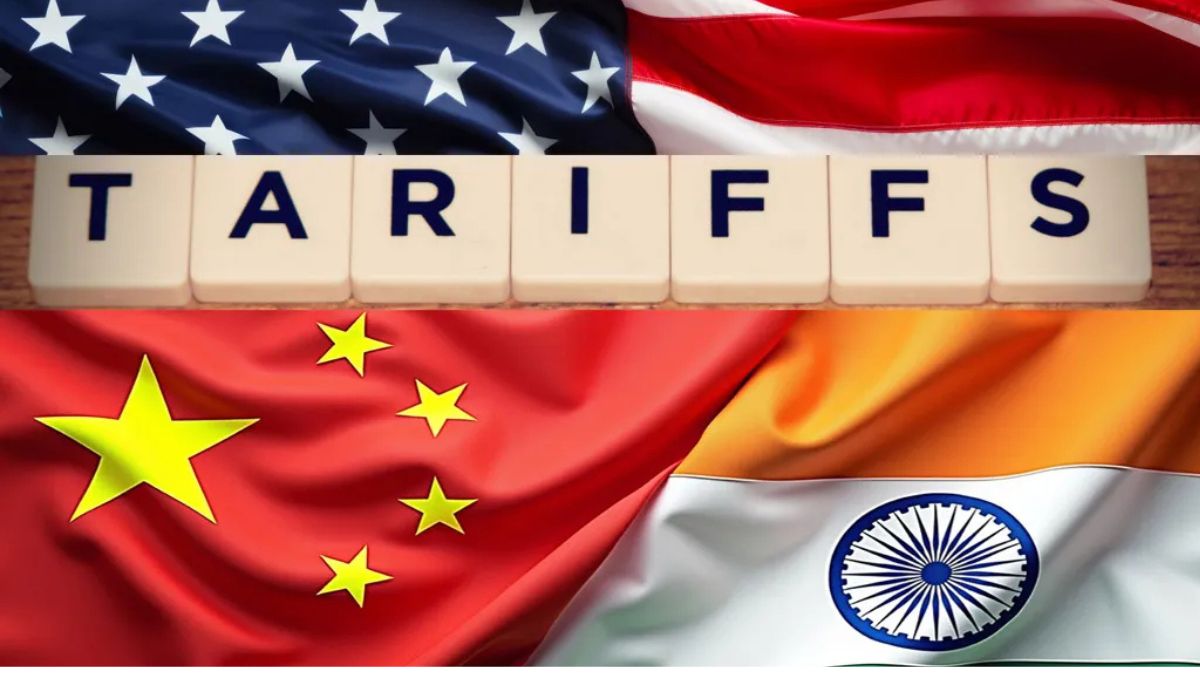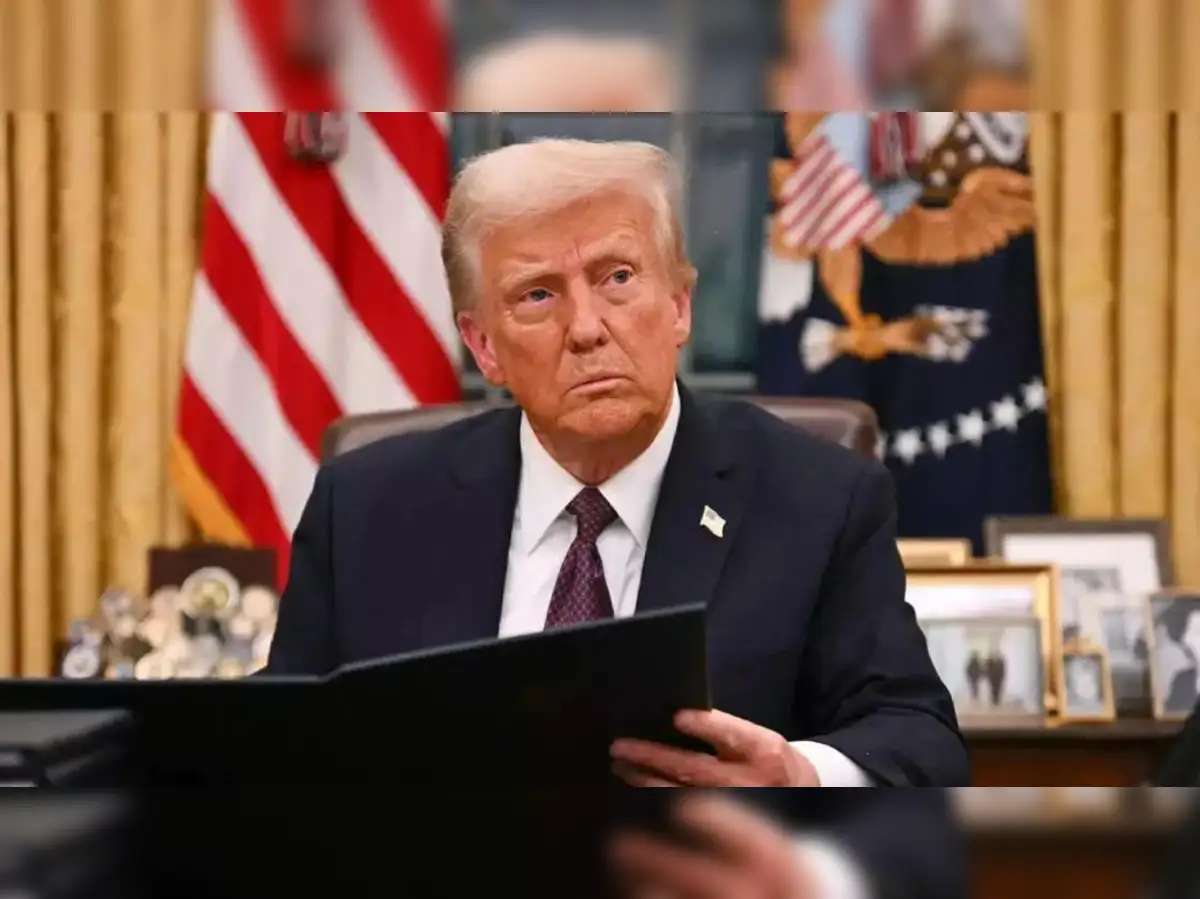
The Recent Decline in F-1 Visa Issuance to Indian Students
In recent months, there has been a significant and concerning decline in the number of F-1 visas issued to Indian students aspiring to study in the United States. According to The Times of India, the figures reveal a drop of approximately 27% in F-1 visa issuance to Indian students between March and May of this year. This steep decline prompts serious questions about the US’s ongoing appeal as an educational destination for Indian youth.
Factors Contributing to the Decline
The decline in visa issuance has multiple underlying causes, many of which are intertwined with recent policy shifts, geopolitical tensions, and administrative hurdles:
- Stricter Immigration Policies: The United States has implemented more rigorous visa screening processes, which have increased processing times and reduced approval rates.
- Changes in Visa Regulations: Recent policy amendments have made it more challenging for international students to secure F-1 visas, amid heightened scrutiny on visa applicants.
- Geopolitical Tensions: Strained diplomatic relations and increased geopolitical concerns have influenced visa approvals, creating an environment of uncertainty among prospective students.
- The Impact of the COVID-19 Pandemic: The pandemic caused global disruptions, closing consulates and border crossings, which has further slowed down the visa issuance process.
- Perceived Uncertainty About Future Opportunities: Indian students are increasingly perceiving limited job prospects and hurdles in immigration pathways post-study, reducing US’s attractiveness.
The US Education System’s Appeal in Question
The steady decline raises important questions about whether the United States is losing its competitive edge as a preferred destination for international students from India. Historically, the US has stood out thanks to its world-class universities, research opportunities, and cultural diversity. However, recent developments seem to threaten this reputation:
Consequences of Declining Visa Numbers
- Reduced Cultural Exchange: Fewer Indian students mean less cultural exchange, which diminishes the diversity of US campuses and broader societal integration.
- Financial Impact on US Universities: International students contribute significantly to revenue and campus diversity, and a decline can adversely affect university budgets and programs.
- Erosion of Long-standing Relationships: The US-India educational ties, built over decades, risk weakening as Indian students seek alternatives elsewhere.
- Shift in Global Education Trends: Countries like Canada, Australia, and the UK are gaining ground as more welcoming destinations, potentially at the US expense.
What Does This Mean for India’s Aspiring Students?
Indian students are now exploring alternative options more aggressively. Countries such as Canada and Australia are presenting more accessible pathways, with less stringent policies and clearer post-study work options. The decline in US visa approval rates may:
- Prompt a reassessment of educational plans: Students might prefer countries with more streamlined and predictable visa processes.
- Drive students toward countries with better immigration prospects: Nations offering clear pathways to permanent residency or work permits could become more attractive.
- Increase competition among destination countries: This shift could benefit other nations, making international education more diverse but also more competitive globally.
Moving Forward: Can the US Reclaim Its Position?
The US government and educational institutions need to consider strategic measures to restore confidence and revive its appeal:
- Re-evaluating Visa Policies: Simplifying and expediting the visa process can help attract more international students.
- Improving Diplomatic Relations: Strengthening ties with India could lead to increased student exchange programs and easier visa access.
- Focusing on Post-Study Opportunities: Creating more transparent and accessible pathways for employment and immigration can enhance the US’s attractiveness.
- Promoting Inclusivity and Safety: Ensuring a welcoming environment for international students is essential in maintaining global competitiveness.
Conclusion
The decline in F-1 visas issued to Indian students serves as a wake-up call for the US education sector. While the country’s institutions continue to boast world-class scholarship and research opportunities, policy and diplomatic challenges threaten to undermine its position as the premier destination for aspiring Indian students. Addressing these issues with effective reforms and renewed diplomacy can help the US regain its appeal and sustain its reputation as a global education leader.
For more updated news please keep visiting Prime News World.








